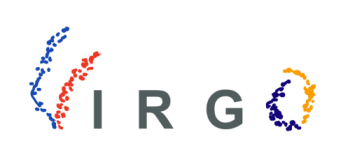Virgo: Scalable Unsupervised Classification of Cosmological Shock Waves
Cosmological shock waves are essential to understanding the formation of cosmological structures. To study them, scientists run computationally expensive high-resolution 3D hydrodynamic simulations. Interpreting the simulation results is challenging because the resulting data sets are enormous, and the shock wave surfaces are hard to separate and classify due to their complex morphologies and multiple shock fronts intersecting. We introduce a novel pipeline, Virgo, combining physical motivation, scalability, and probabilistic robustness to tackle this unsolved unsupervised classification problem. To this end, we employ kernel principal component analysis with low-rank matrix approximations to denoise data sets of shocked particles and create labeled subsets. We perform supervised classification to recover full data resolution with stochastic variational deep kernel learning. We evaluate on three state-of-the-art data sets with varying complexity and achieve good results. The proposed pipeline runs automatically, has only a few hyperparameters, and performs well on all tested data sets. Our results are promising for large-scale applications, and we highlight now enabled future scientific work.
PDF Abstract
